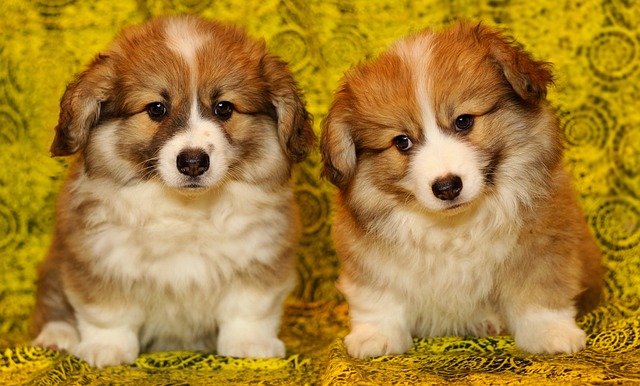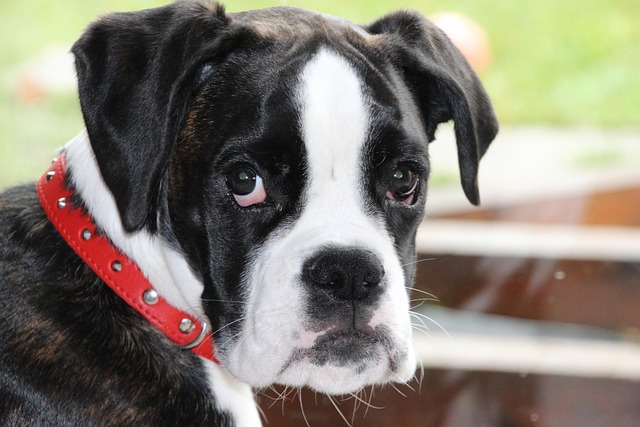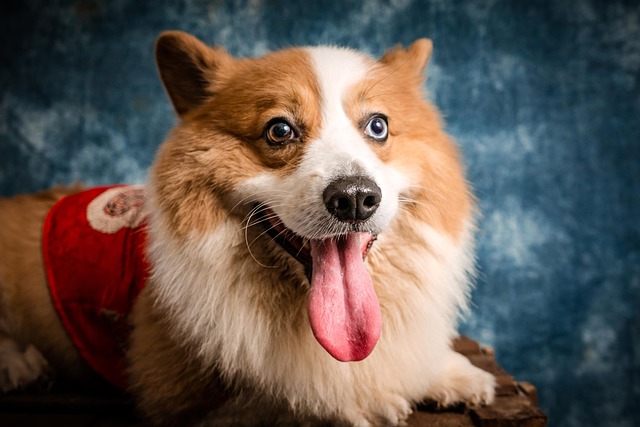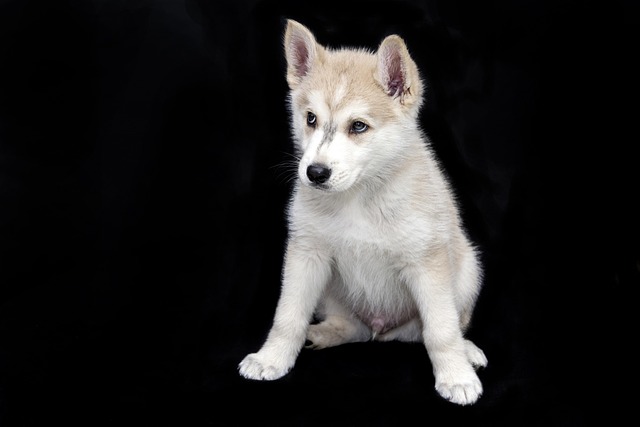
Do food toppers work for dogs
You’re standing in your kitchen, watching your dog sniff at their bowl of dry kibble with zero enthusiasm. Sound familiar?
The first sight of a tiny, wriggling puppy fresh from the womb tugs at your heartstrings, but caring for these fragile beings demands more than just adoration. From their first wobbly moments to those first exploratory steps, every decision shapes their growth—and understanding the essentials can mean the difference between a thriving pup and unnecessary struggles.
Temperature regulation is the top priority. Newborn puppies can’t regulate their body heat, relying entirely on their mother or a carefully controlled environment. Line a cardboard box with soft, washable blankets and place a heating pad set to low on one side, creating a warm zone and a cooler area for them to move to as needed. In many regions, animal welfare laws emphasize proper housing conditions, and neglecting temperature needs risks hypothermia, a life-threatening condition.
Keep a watchful eye on nursing. Mother’s milk provides essential antibodies that boost the puppies’ immune systems. Ensure each pup latches onto a teat regularly, and monitor for signs of distress like excessive crying or failure to gain weight. If the mother can’t nurse, consult your vet immediately about using a specialized puppy milk replacer. Improper nutrition during this stage violates animal care standards, so precision matters.
 Hygiene is crucial in the whelping box. Change soiled bedding daily to prevent bacteria growth, and use a damp cloth to gently wipe the puppies’ bottoms after each feeding. Mother dogs usually stimulate elimination, but if she doesn’t, you may need to mimic this action to help the puppies urinate and defecate. Cleanliness not only protects their health but also aligns with responsible pet ownership expectations in many communities.
Hygiene is crucial in the whelping box. Change soiled bedding daily to prevent bacteria growth, and use a damp cloth to gently wipe the puppies’ bottoms after each feeding. Mother dogs usually stimulate elimination, but if she doesn’t, you may need to mimic this action to help the puppies urinate and defecate. Cleanliness not only protects their health but also aligns with responsible pet ownership expectations in many communities.
Limit handling during the first few weeks. Puppies need to bond with their mother and littermates, and excessive human interaction can disrupt this crucial socialization. When you do handle them, wash your hands thoroughly to avoid transferring germs. As they grow, gradually introduce gentle touches and soft voices to build trust, but always respect their boundaries.
Veterinary care is non-negotiable. Schedule a check-up within the first few days of birth to ensure the puppies are developing normally. Your vet will guide you on deworming schedules, vaccinations, and spaying/neutering options as the puppies grow older. Skipping these appointments not only endangers the puppies but may also violate local pet health regulations.
As the puppies reach three to four weeks old, start introducing solid food. Mix puppy food with warm water to create a porridge-like consistency and place it in shallow dishes. Some may need encouragement at first, but soon they’ll eagerly lap it up. This transition period requires patience and observation to ensure each puppy adjusts well.
By the time they’re six to eight weeks old, socialization becomes key. Gradually expose them to new sights, sounds, and people in a controlled environment. Avoid crowded areas where they could pick up diseases, but let them meet friendly neighbors and explore safe parts of your yard. Proper socialization during this stage sets the foundation for a well-adjusted adult dog.
Caring for puppies from birth is an exhausting yet rewarding experience. With attention to detail, veterinary guidance, and plenty of love, you’ll watch these tiny furballs transform into healthy, happy companions ready to take on the world.

You’re standing in your kitchen, watching your dog sniff at their bowl of dry kibble with zero enthusiasm. Sound familiar?

Spotting the first signs of your dog’s pregnancy feels like discovering a secret little miracle. But it’s not always obvious—unlike humans, dogs don’t have missed periods.

Wondering how soon you can tell if your dog is pregnant?The anticipation of new furry arrivals is both exciting and nerve-wracking.

Walking into your living room to find a flurry of fur on your couch, carpets, and even your clothes can be frustrating.

Picture this cozy scene: You’re finishing your morning cereal in your Chicago apartment, and your Labrador gives you that look – head tilted, eyes begging for the leftover milk.

Keeping your puppy’s teeth sparkling isn't just about a fresh-smelling kiss—it’s crucial for preventing painful dental issues down the road.